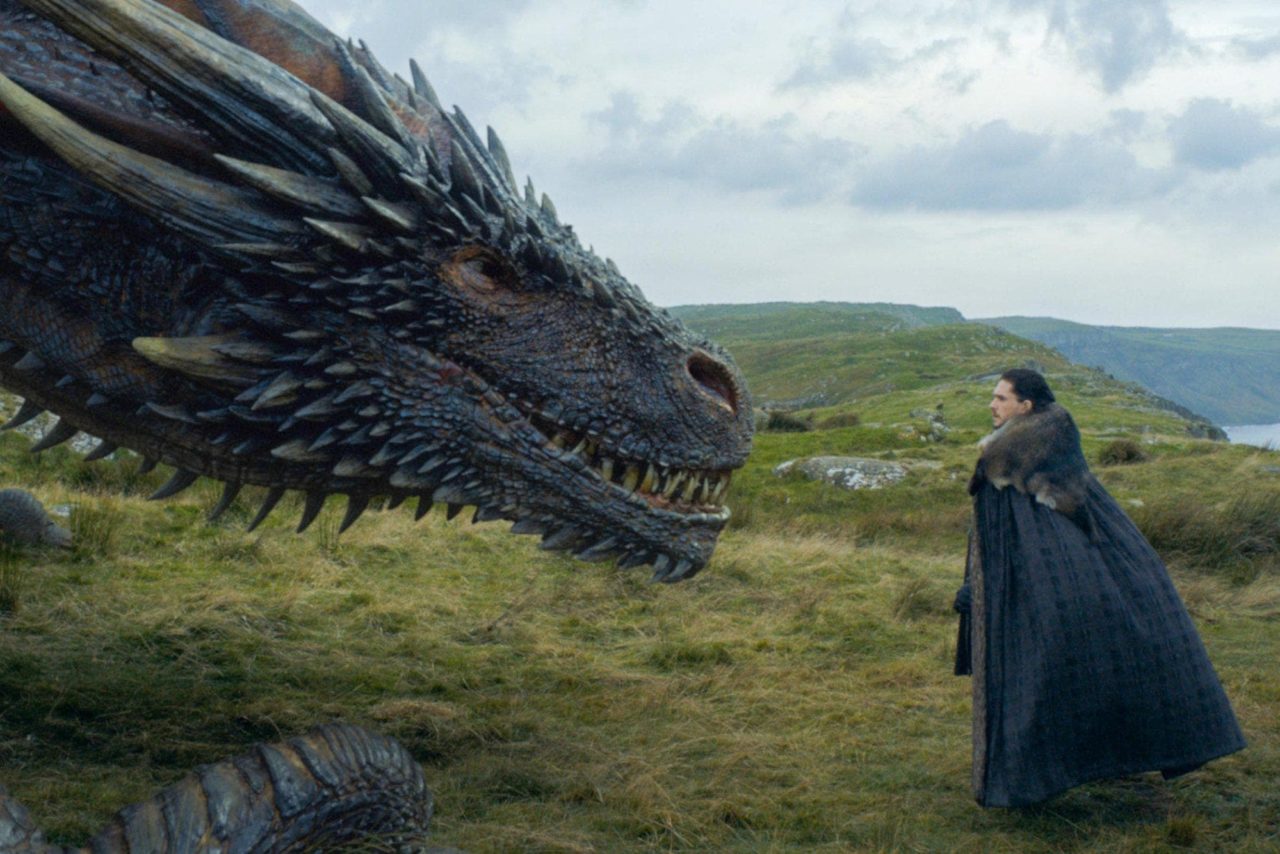War is such a short word. But it sounds about right. I imagine the word was conceived by bloodied men themselves rather than the poets who recorded them. Bloodied men, in my experience, have typically met with a despair about extrapulating with language.
Login to read more
Sign in or create a free account to access Subscriber-only content.
